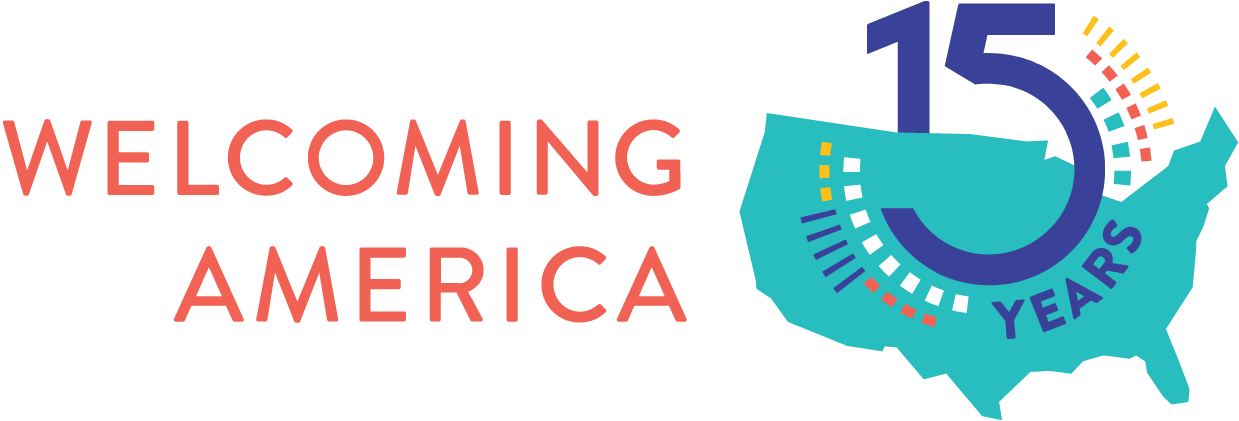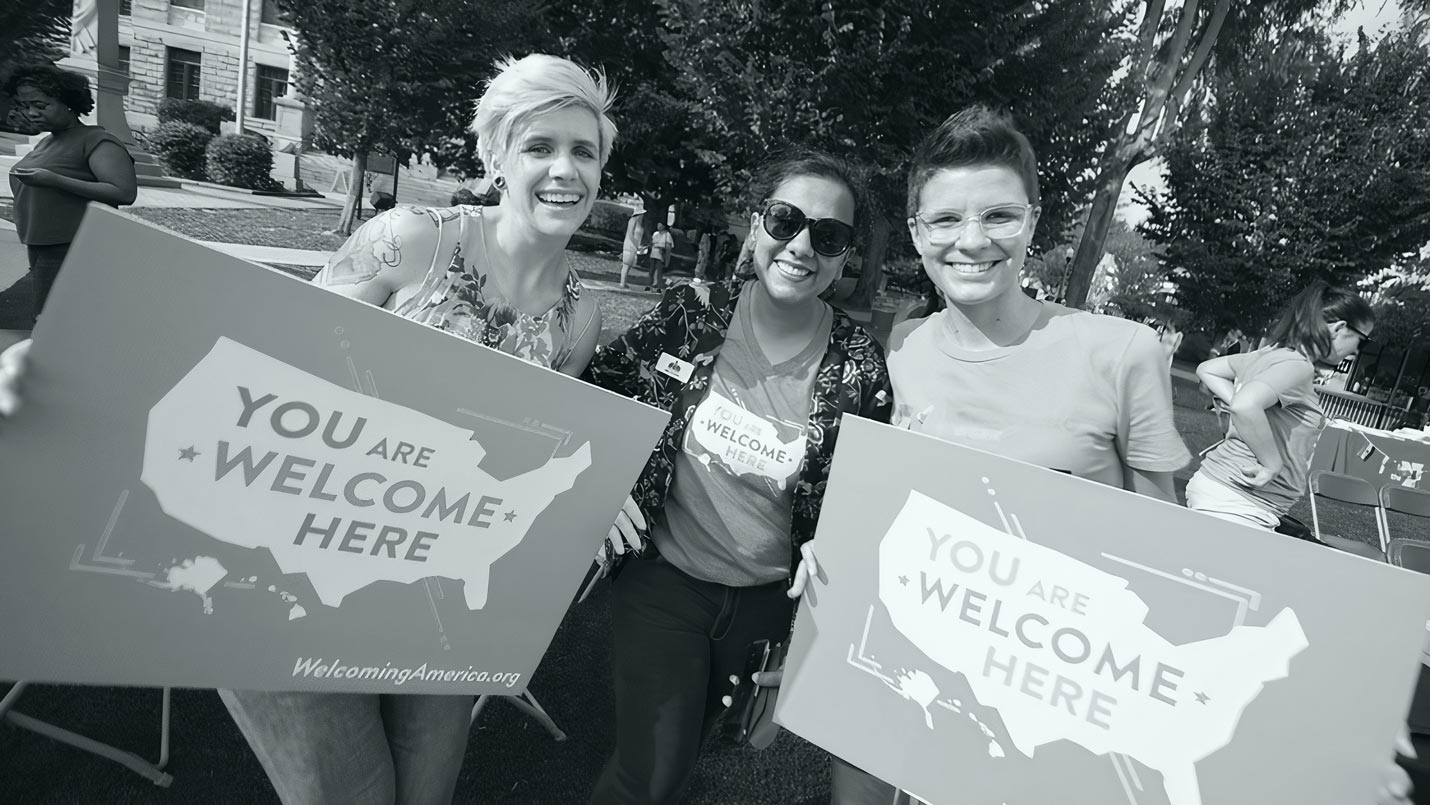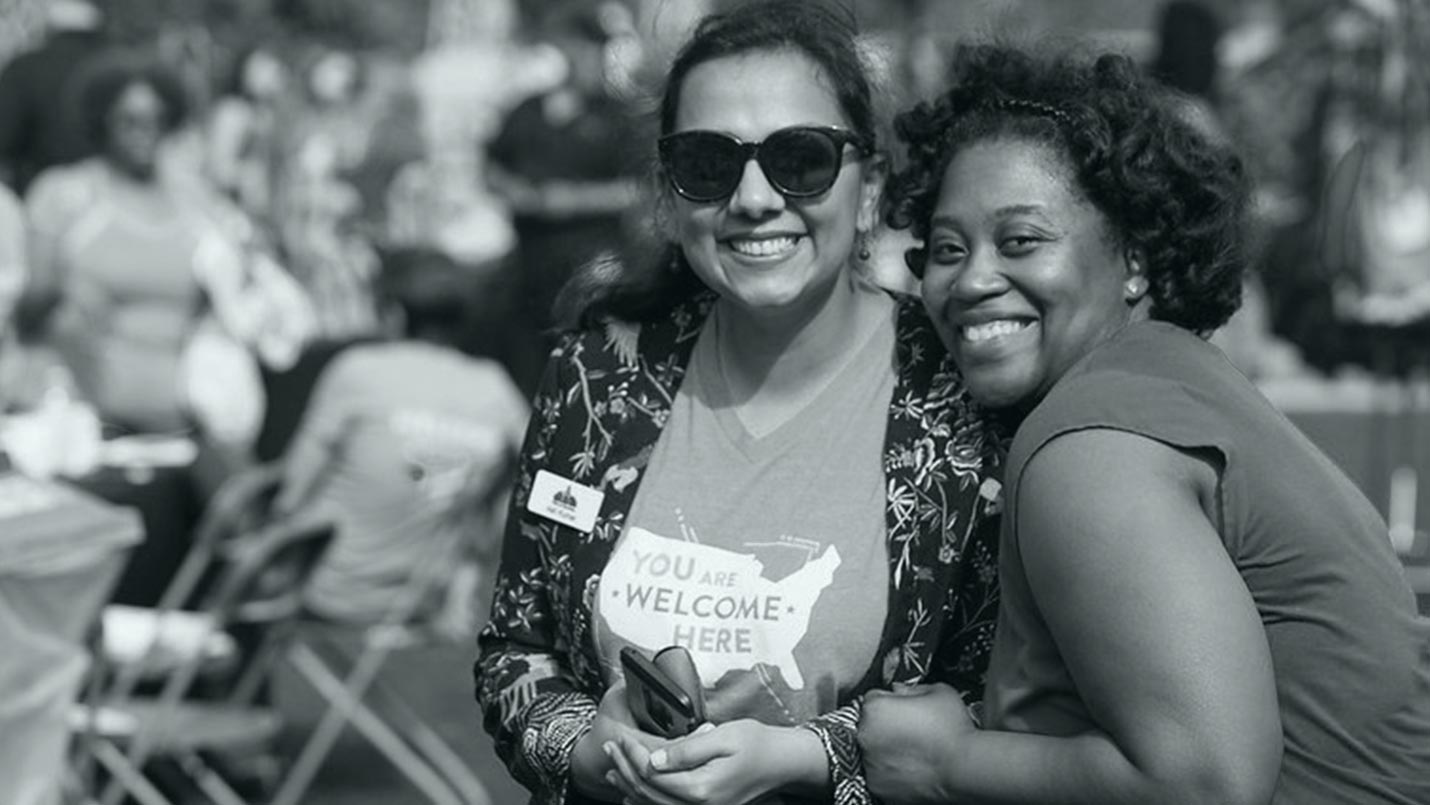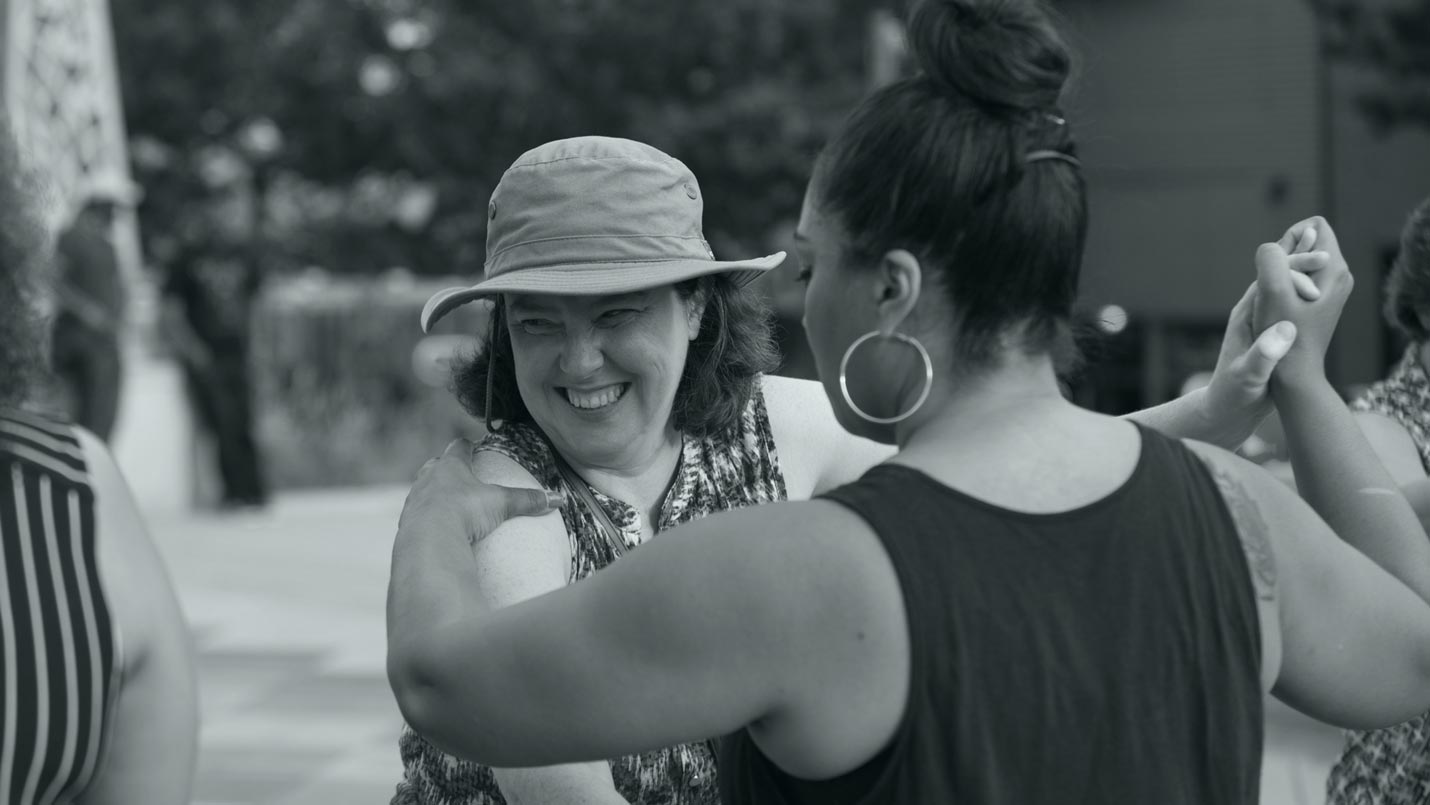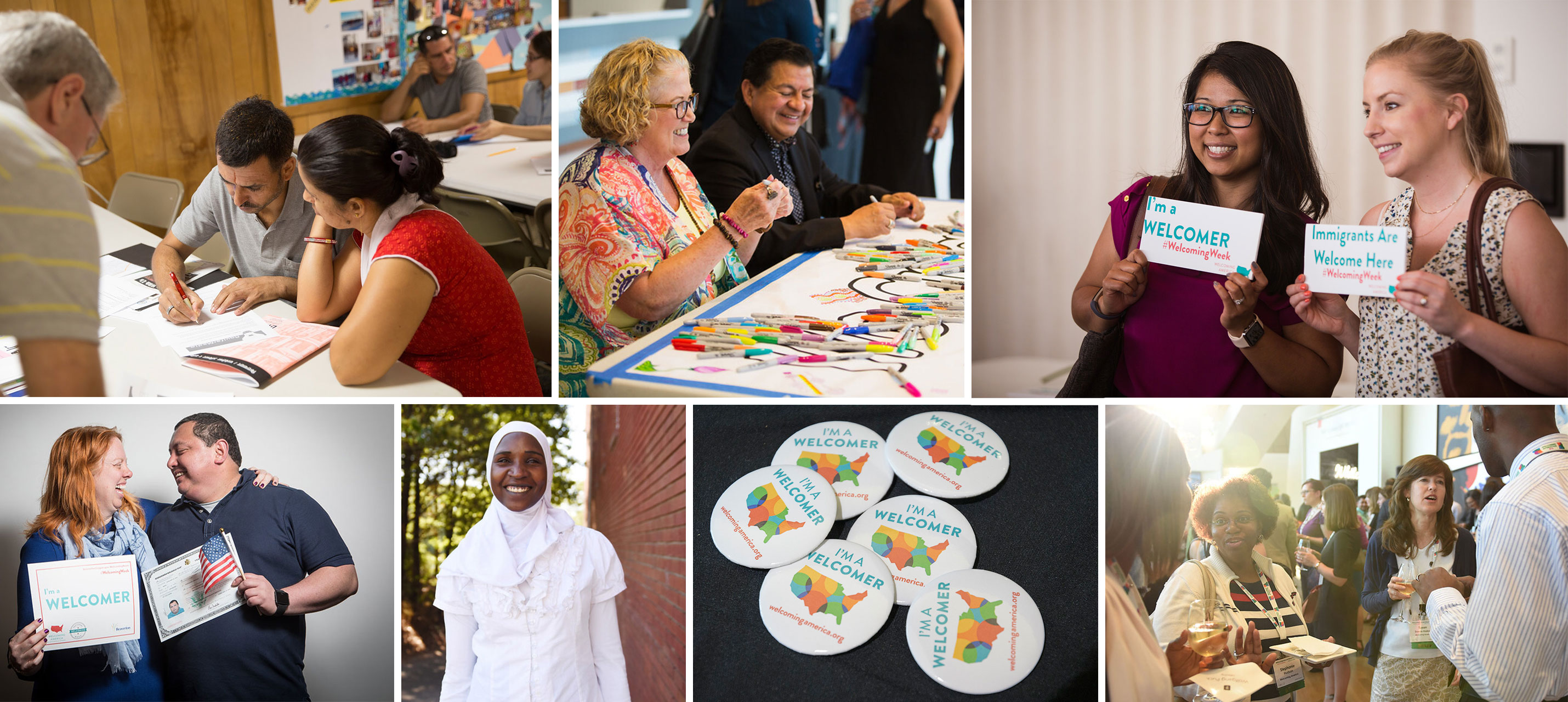
About Welcoming America
Welcoming America is a nonprofit, nonpartisan organization that leads a movement of inclusive communities becoming more prosperous by ensuring everyone belongs. We believe that all people, including immigrants, are valued contributors and vital to the success of our communities and shared future.
Through the Welcoming Network, we work to help communities develop the roadmap they need to create welcoming policies and share new approaches to inclusion to create an environment where everyone can truly thrive.
Our mission is to support communities building a welcoming society where every person, including immigrants, can fully contribute and shape our shared prosperity.
Our vision is a just world in which we each belong, prosper, and thrive in the place we now call home, no matter where we came from.
What We Do (and How We Do It)
Join us by becoming a member or supporting our mission.
Want to know what we are planning for the future? Take a look at our 2022-2026 strategy.
Our History
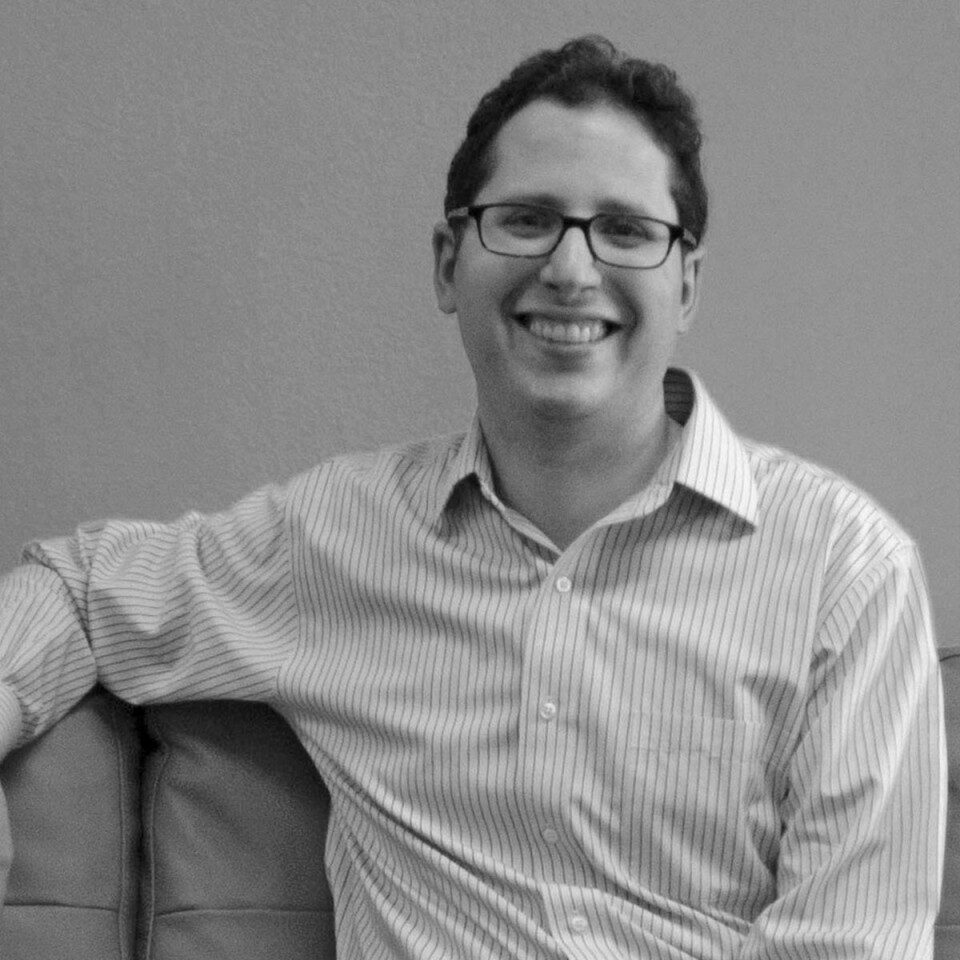
2009
David Lubell establishes Welcoming America following his tenure as the founder and director of the Tennessee Immigrant and Refugee Rights Coalition and Welcoming Tennessee.
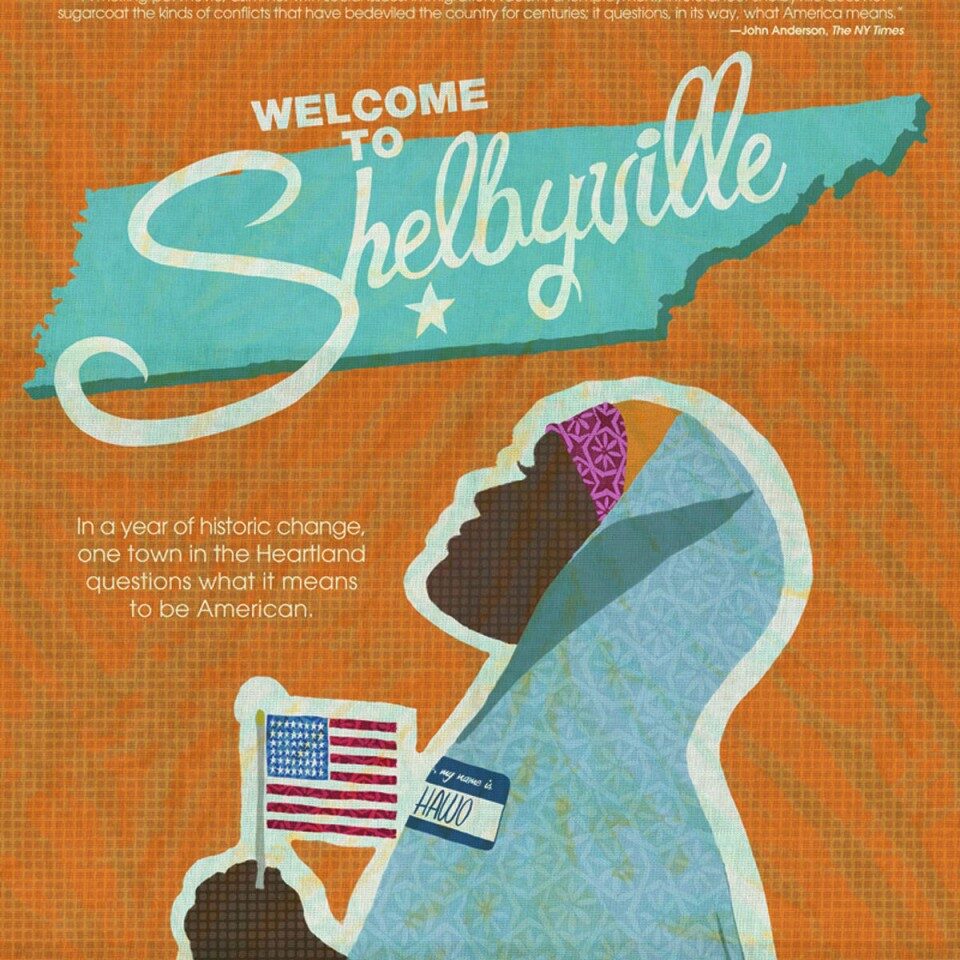
2011
The documentary “Welcome to Shelbyville” debuts on the Public Broadcasting Service (PBS) featuring Welcoming Tennessee and its work in fostering relationships between newly-arrived refugees and long-time residents.
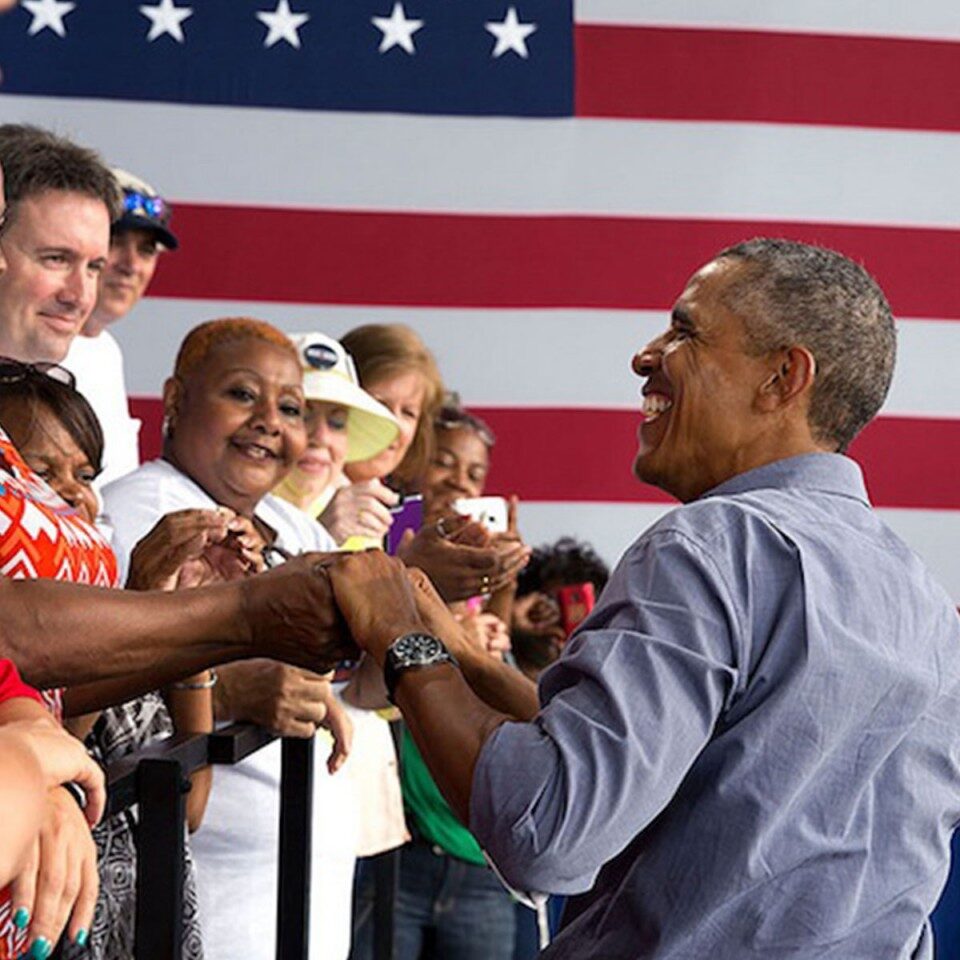
2014
President Barack Obama revives the White House Task Force on New Americans, a government-wide effort tasked with better integrating immigrants and refugees into American communities. Welcoming America partnered with the White House on the Building Welcoming Communities Campaign as part of the task force’s strategic plan.
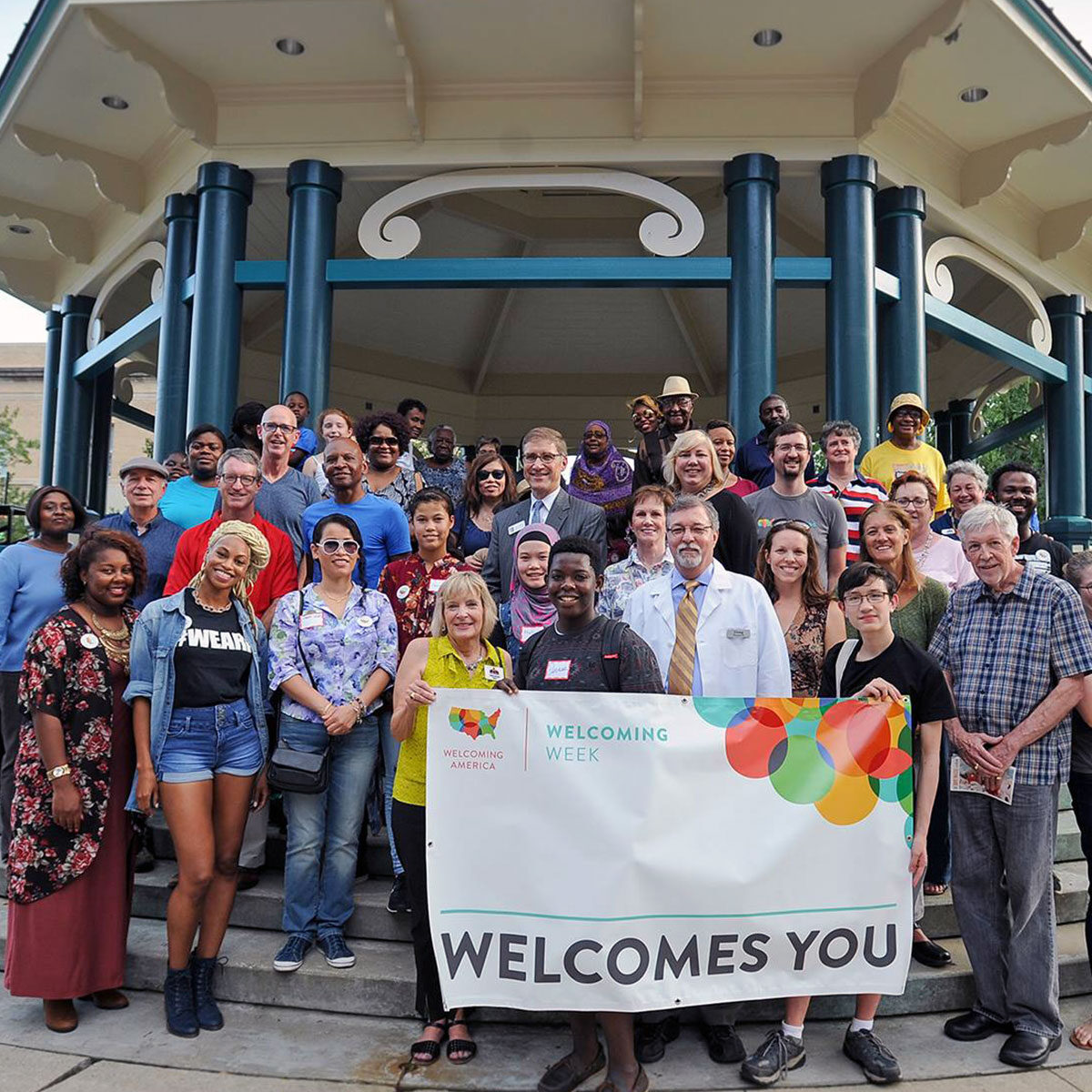
2016
The Building Welcoming Communities Campaign reaches 50 cities, with Decatur, GA—the headquarters of Welcoming America—the latest to join the growing national movement.
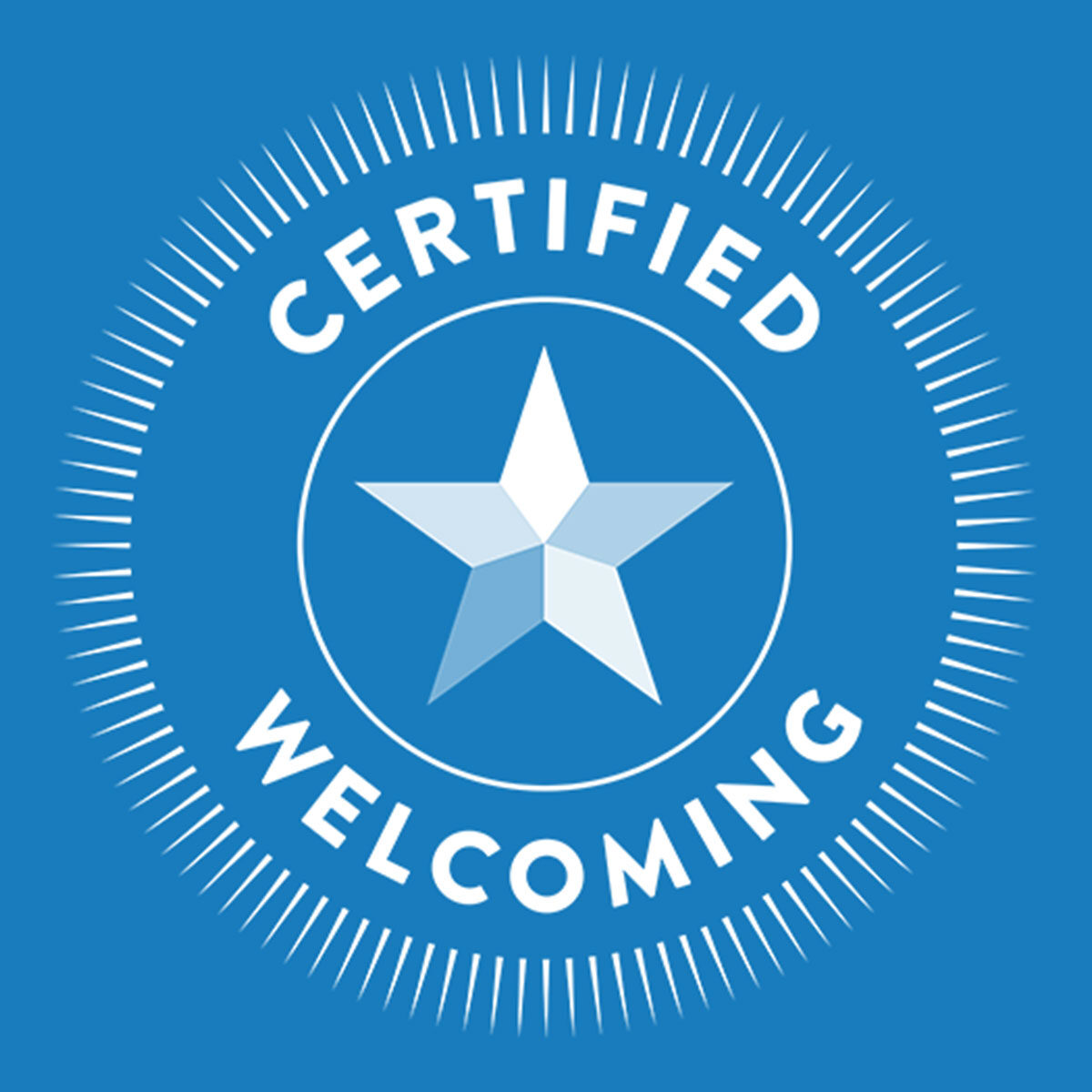
2017
The Welcoming Standard and Certified Welcoming are established as formal processes for cities and countries to achieve a truly welcoming status through a comprehensive roadmap for immigrant inclusion. In September, Dayton, OH became the first Certified Welcoming city.
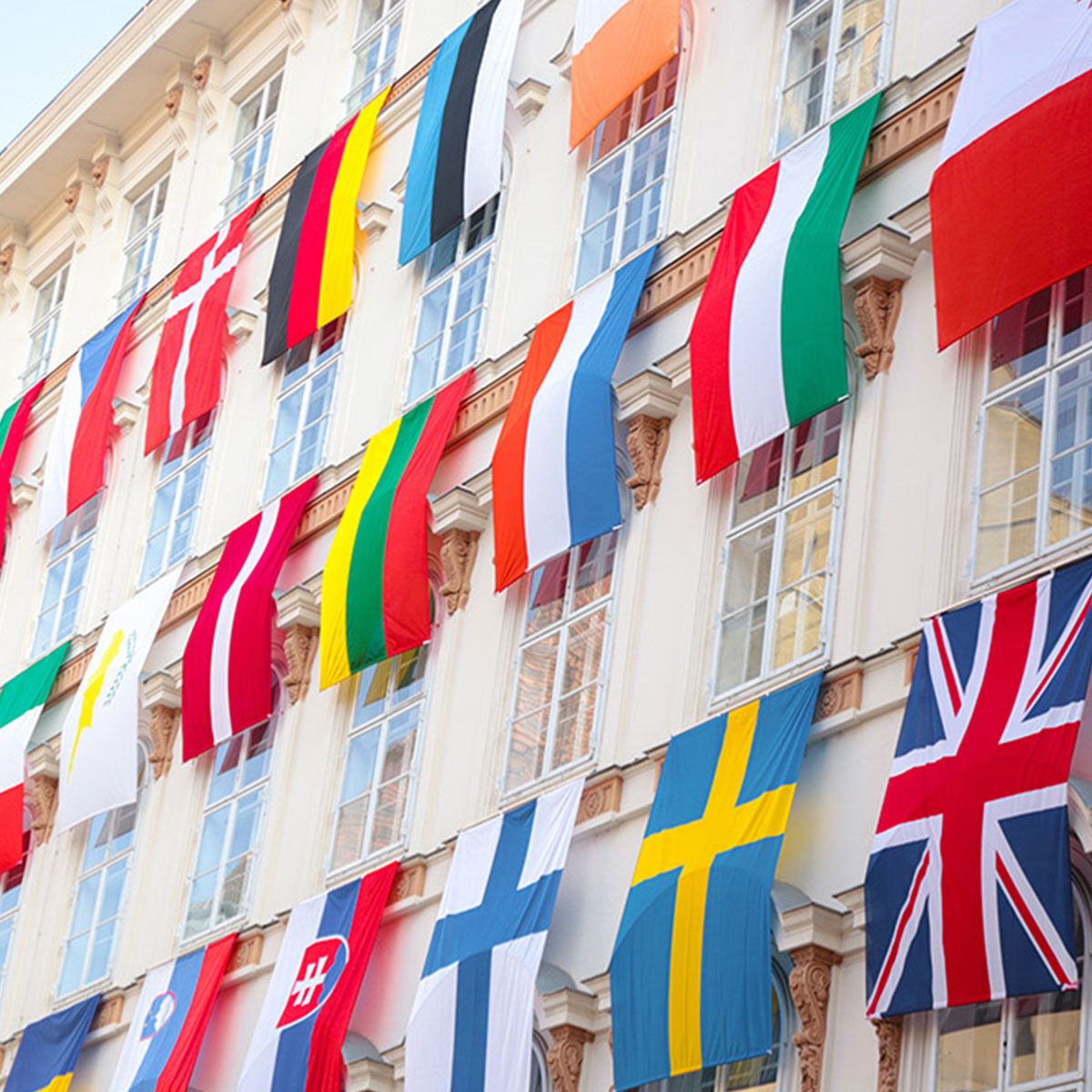
2018
Welcoming International launches to expand the welcoming movement into other countries. The initiative is led by founder David Lubell. Rachel Peric becomes Executive Director of Welcoming America.
Our Values
We are driven to build a more welcoming America, achieving excellence in all we do and guided by the following values and principles:
Diversity, equity, inclusion, and belonging are the fundamental elements of building welcoming societies for all. Welcoming America’s approach is rooted in an understanding that the factors impeding success for immigrants and non-immigrants alike are often rooted in a legacy of colonialism, structural racism, and interpersonal bias that must be overcome in order to achieve our vision of an inclusive society in which people can thrive.
Our ultimate aim is a more just world where every person can thrive and prosper because they are within the circle of human concern. We believe in opportunity for all, and that all of us are created equal.
Our purpose is to enable belonging for everyone, and explicitly immigrants. Our founding and focus since inception has been around the inflection point of demographic change and immigration, and the gaps that exist to understand and respond to xenophobia. We recognize that belonging is a shared human need, but can be expressed in ways that both hinder and advance a healthy multiracial democracy and successful organizational culture in which the rights and responsibilities of minority groups are not only protected, but deeply valued.
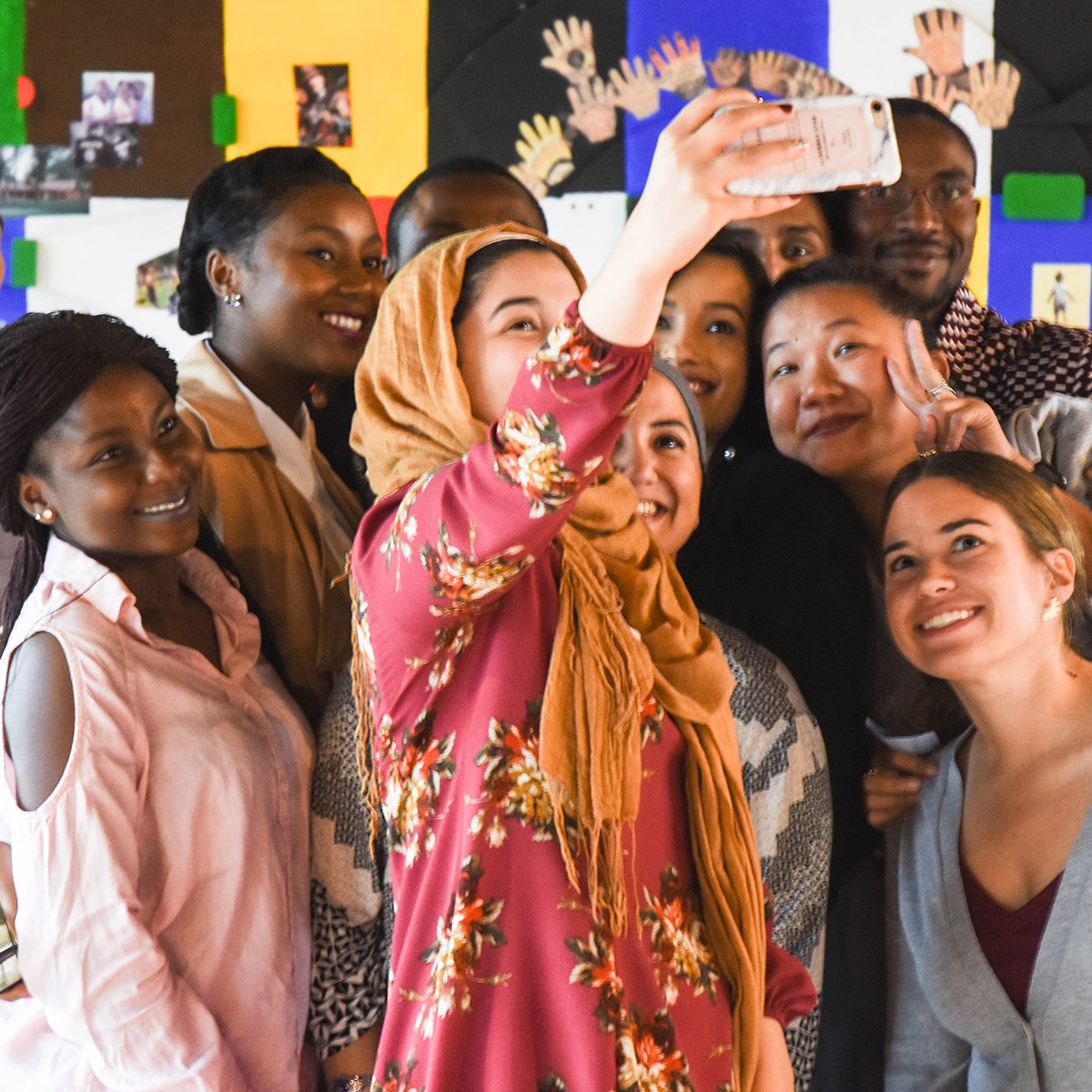
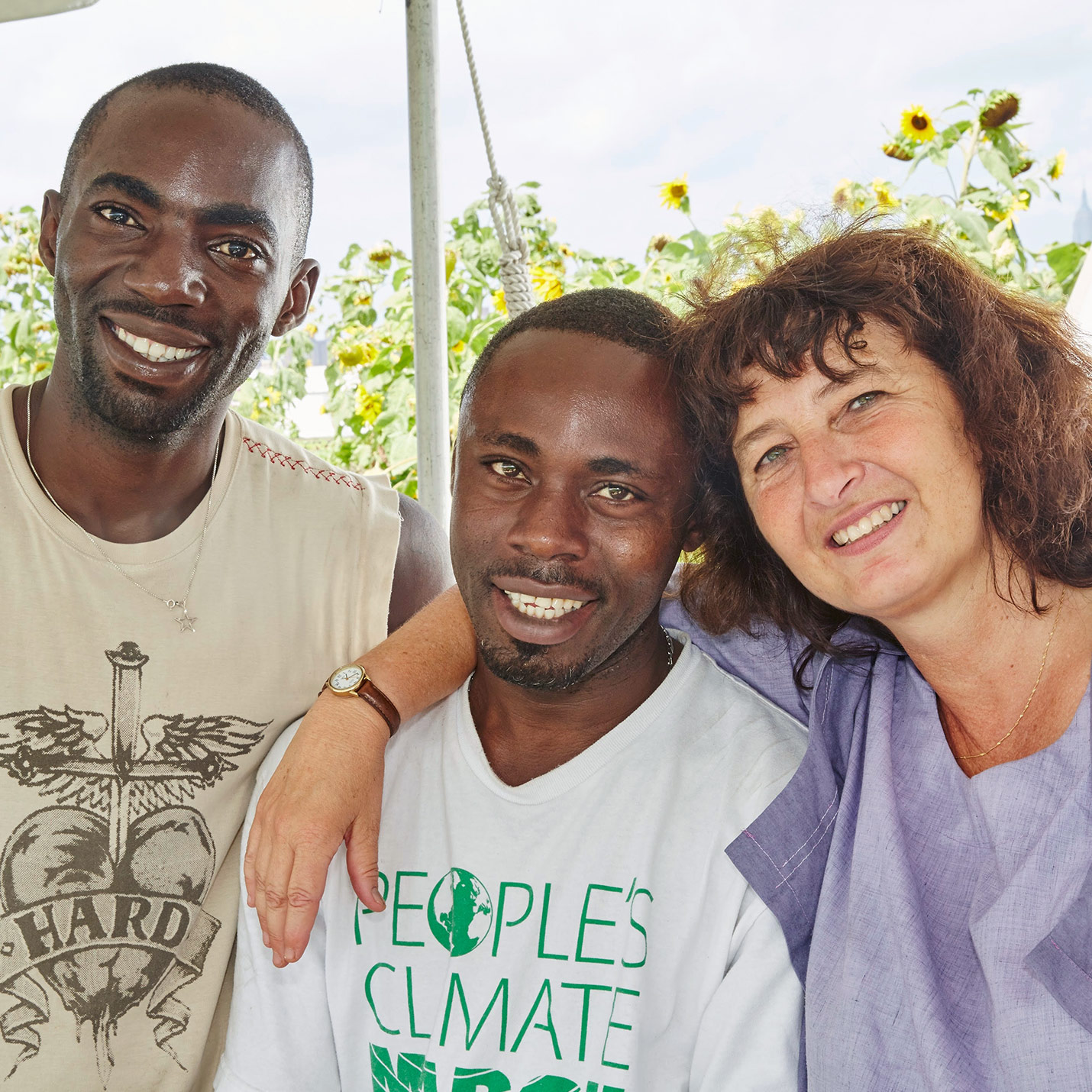
We commit to equitable outcomes as the ultimate measure of our success, and will use quantitative and qualitative data and continuous learning to close gaps and strive for excellence. Our outcomes will ultimately contribute to greater racial and social justice.
We recognize that we contribute to an ecosystem, and cannot act alone nor take responsibility alone for equitable outcomes or for closing gaps in communities or broader culture. We are one star in a constellation of efforts that work to undo and replace the beliefs, norms, and policies that propagate inequality and create a hierarchy of human value.
Our processes will be inclusive and well-designed for the end user, especially those with the greatest barriers to access. We believe that proximity gives rise to good design and good policy, that those closest to the problem should design the solutions, while those who are not proximate should be brought into a deeper understanding.
We consider all facets of diversity, including the areas of gender, race, ethnicity, status, ability, religion, class, and sexual orientation, as well as cultural aspects including values, preferences, and beliefs.
When we find strength in our diversity — and actively resist fear and division — we can build a resilient community that fully harnesses the talents, skills, and contributions of every resident so that all can thrive. We operate from a research and evidence base that shows that effective and innovative decisions about complex problems are reached when multiple backgrounds and perspectives are meaningfully engaged.
We strive to create an inclusive and collaborative environment in the workplace and in communities, in which differences are embraced and harnessed to achieve the most equitable results.
The work of welcoming – and of DEIB – requires constant learning and growth, as well as a sustained commitment to supporting one another as a team and as a community. Our approach will be invitational and abundant, embracing change, learning, science, and divergent perspectives, with space to wade through ambiguity.
Empathy and a belief in the capacity for human growth and evolution are vitally important, as are the unique roles that different actors play in a system, whether working from inside or outside it.
We prioritize the importance of culture — the domain of attitudes, values, and beliefs — recognizing that to achieve welcoming communities and thriving multiracial democracies, individual, group, systems and culture change are all needed and reinforced. Our work necessarily deals not only with actual but perceived disparities, and addressing misconceptions, biases, and disinformation is a necessary and important part of the work.
Recognition
Welcoming America is an award-winning, internationally-recognized organization. We are honored to have received the following awards and recognition as a testament to the power of our collective work and movement.
- 2011: Received a prestigious Draper Richards Kaplan Fellowship for its work in immigrant integration.
- 2013: Our Welcoming Cities Initiative is recognized as a 2013 Clinton Global Initiative America Commitment to Action.
- 2014: Named one of 11 global organizations to receive the Intercultural Innovation Award granted by the United Nations Alliance of Civilizations and the BMW Group. Welcoming America ranked fourth, the highest ranking of any U.S.-based organization in the award's history, and only the fifth U.S.-based organization to ever receive the award.
- 2014: Recognized by President Barack Obama during an immigration town hall in Nashville, TN
Who We Work With
Our growing network benefits from broad community support, including mainstream partners from the faith, civic, and corporate sectors. Together, this broad range of welcoming ambassadors are building prosperous futures and stronger communities. We see this reflected in simple things, like more parents participating in PTAs and more entrepreneurs opening businesses on Main Street. These include:
- Corporate partners and economic development agencies, as well as local financial institutions, Main Street entrepreneurs, and larger employers
- Public sector partners, including mayors, county executives, governors, police chiefs, school board members, other local and state elected officials across the political spectrum
- Civic partners ranging from local YMCAs to universities and educational partners
- Local philanthropic partners, such as United Way and community foundations
- Faith-based partners from all faiths
